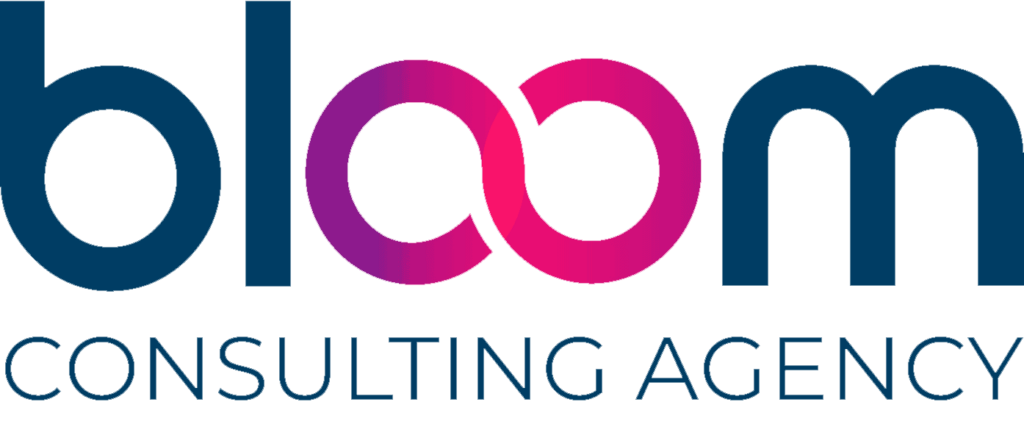The revenue cycle in healthcare billing practices can flow evenly and timely if the department is trained with the mindset of avoiding medical billing mistakes. Healthcare billing becomes more complex daily with changing payer rules, Medicare CCI edits, and new electronic health record software to navigate. The billing department must have the tools and staff to cover all aspects of their responsibilities in the revenue cycle.
Errors can impact patient satisfaction when insurance companies put payment responsibilities on the patient. Patients become frustrated and upset when the insurance company points fingers at the practice’s billing department for not charging the correct code. Avoiding medical billing mistakes is paramount to a healthy and lucrative medical practice. The complex medical billing process is continually updated and tested, so implementing a plan is crucial.
What is Medical Billing?
Every business has a revenue cycle that provides revenue to maintain and increase the business momentum. The healthcare industry must include a medical billing department that drives the revenue cycle for medical practices, hospitals, and all forms of healthcare. Medical billing departments keep the practice stable by providing efficient claims billing. Avoiding medical billing mistakes is of utmost importance in their efforts.
Medical billers receive information from their providers regarding the services and procedures performed on their daily rounds and appointments. The medical biller uses electronic health record software to enter pertinent information into a claim form that includes patient demographics, physician information, place of service, type of service and procedure, diagnosis, and the insurance company information to which the claims will be sent. Medical billers are keen on avoiding medical billing mistakes that will keep claims from being paid the first time they are sent to payers.
The revenue cycle includes various sectors within the healthcare practice. For example, the medical billing department receives patient demographic information from appointment setters and receptionists. It is the responsibility of the billing team to be sure the information they receive is correct. Avoiding medical billing mistakes by checking all received information is a safeguard against rejections and denials. Furthermore, medical billers must be sure that the codes, diagnoses, modifiers, and notes received from the providers are as accurate as possible before submitting claims.
Common Medical Billing Mistakes To Avoid
Medical claims are sent to the payers on a medical form, with the type depending upon the healthcare practice or facility. Each form has many fields requiring pertinent data to complete the processing of the claim. The claim will be denied or rejected if any field entered into the form has incomplete, incorrect, or no data. Therefore, the goal of the efficient medical billing department in avoiding medical billing mistakes is to populate these required fields correctly.
Verification of Insurance Benefits
One of the top five reasons for claim denials is that the medical billing department did not verify insurance coverage. Avoiding medical billing mistakes in this area may be a timely effort. Training people with direct contact with the patient is crucial to collecting the current insurance card, subscriber, and demographics. Without direct protocols to follow, training, and supervision with this part of the revenue cycle, the billing department will spend additional time and money to correct the problem.
When the medical billing department has a scanned insurance card in the patient account, medical billers can correctly populate several required fields. Furthermore, they can address clearinghouse rejections with information such as claims addresses, payer IDs, and type of plan. With the insurance card, the billing department can look up this information through insurance portals, which is efficient. Avoiding medical billing mistakes through proper training and clear protocols with other departments is paramount.
Accurate Patient Demographic Information
Accurate patient demographic information is another factor built into the registration and appointment-setting process. Patient name, date of birth, address, correct zip code, and phone number are all required data for medical billing to obtain. Relationships with the patients for subscriber information, such as a spouse, child, or other, are vital. Gender is a field that the biller must populate. With the ever-changing demographic information changes, it is essential to check this info at each visit. Finally, avoiding medical billing mistakes in demographics can be resolved by asking many vital questions in registration.
Verify Coding, Diagnosis, and Modifiers for Services
Avoiding medical billing mistakes with coding, diagnosis, and modifiers for services rendered can be resolved with the support of the billing department’s needs. Hiring experienced and certified coders and billing specialists and affording their needs of current coding books, continuing training, and proper documentation. Clear communication with providers and educating them concerning the required documentation needed to submit correct data on the claim form is imperative.
The pressures involved in the medical billing departments are highly amplified, with providers becoming more involved with the billing process. As a result, the medical billing department must be cautious with improper billing of services, up billing and underbilling, and any fraudulent billing practices that may occur accidentally. Therefore, avoiding medical billing mistakes should always be at the forefront of daily practices.
Other Medical Billing Mistakes
Non-covered services are direct pointers to medical billing errors. Insurance companies change coverage guidelines constantly. Therefore, advising providers that they are billing non-covered services is essential. Duplicate billing is another factor in claim denials. This happens often, but when avoiding medical billing mistakes, it is crucial to take the time to eliminate duplicate billing. Claims require referral information and prior authorizations, so including this information on each claim when required will reduce errors.
How Avoiding Medical Billing Mistakes Impact the Revenue Cycle
This information is vital for any healthcare entity to adhere to because claims fuel the revenue cycle of any business. Without accuracy in claims, rejections and denials can prolong the revenue cycle’s time frames and may result in non-payment. Avoiding medical billing mistakes is paramount to timely payment and continued increase in revenue for the practice or facility. The administration needs to meet regularly with the medical billing department to monitor rejections and denials and make resolutions.
Find Help in Avoiding Medical Billing Mistakes in Florida Healthcare Practice
Administrators who need help reducing medical billing mistakes to streamline the revenue cycle and increase revenues can contact Bloom Healthcare Consulting today. It is vital to stop wasting valuable time and unresolved efforts by enlisting one of our qualified and experienced healthcare consultants. Instead, bring a positive forward motion with your medical billing department and increase your revenue simultaneously.
There is hope for a straightforward solution by contacting Bloom today.









